Building a Community, One Student at a Time

The newly re-organized St. Joseph School, with principal Cristy Jordan at the helm, is much more than your average elementary school. Principal Jordan characterizes it as a “family community.” Students arrive at 7 a.m. for breakfast, something not offered at most schools, and many days there are Adult Learning Center programs until 9 a.m. for parents. With this “learning center for all generations,” Jordan believes she and her staff can help to make a tremendous difference in the lives of many people throughout the community.
In August of 2014, St. Joseph’s reopened with an enrollment consisting almost completely of low income, Spanish-speaking children from families with, on average, a yearly household income of $17,000 or less. On top of this, many of the families are new to this country and are struggling to gain access to health care. The School strives to educate them on traditional academics, as well as things such as healthcare and financial literacy, along with making them aware of resources and opportunities available to them. According to Jordan, the parents who send their children to St. Joseph’s are “people who really want to get connected to resources” and improve the lives of their families. And, Jordan points out, they must do so in a “linguistically and culturally competent manner.”
The parents who send their children to St. Joseph’s are “people who really want to get connected to resources” and improve the lives of their families.
Catholic schools perform a special service in blighted communities. They do an especially good job of building “social capital” in these areas, Jordan explains, by building “the family network of a Catholic school.” Catholic schools have the power to provide a sense of stability in students’ and parents’ lives, as well as the greater community.
To do all this, though, schools like St. Joseph require a good deal of money. Among the services are a school nurse and bi-lingual health aide, to assist each student and their family, assess their health and access healthcare resources, which The St. Joseph Community Health Foundation is committed to fund.
After meeting earlier this year with Bishop Rhoades, the Foundation’s sponsor, the Poor Handmaids of Jesus Christ, are also considering additional ways to support new immigrants at St. Joseph School, through a grant from their Ancilla Domini Sisters Ministry Fund for several classroom aides. Sister Carole Langhauser notes that “Poor Handmaids have a long history in education…since we do not have the personnel to send, we decided to support St. Joseph School with a financial donation.” She goes on to say that “Working with immigrants is also a long-term ministry for us,” one that Poor Handmaids have carried out since their arrival in Fort Wayne in 1868, when they came to minister to German immigrants at the request of Bishop Noll.
The Poor Handmaids of Jesus Christ were delighted to learn of a personal story of shared legacy as well. It comes from Cristy, who enjoys sharing the story of how the Poor Handmaids helped her mother several decades ago when she moved here from Puerto Rico with two siblings, little money, and minimal English, for a chance to be educated in America at Central Catholic High School in Fort Wayne. Cristy’s mother struggled until she crossed paths with the Poor Handmaids, who operated St. Joseph Hospital at the time. The Sisters encouraged her in multiple ways, including offering her first job.
Few stories better illustrate the enduring legacy of the Poor Handmaids in Fort Wayne. Taking all of this into account, St. Joseph School is a perfect place to continue the work of the Poor Handmaids and their belief in a “commitment to collaborate with others who embrace and share a common mission.”
Written by: Charlie Klingenberger, Communications Intern
Recent Stories
- Merry Christmas from the St. Joseph Community Health Foundation!
- St. Joe Foundation awards $2,652,998 to local agencies serving vulnerable individuals in Allen County, IN
- Prenatal & Infant Care Luncheon: a year of connection and learning
- Nourishing bodies and spirits: the impact of the Society of St. Vincent de Paul food and nutrition program
- Supporting sustainability in local food networks to improve access to nutritious food
